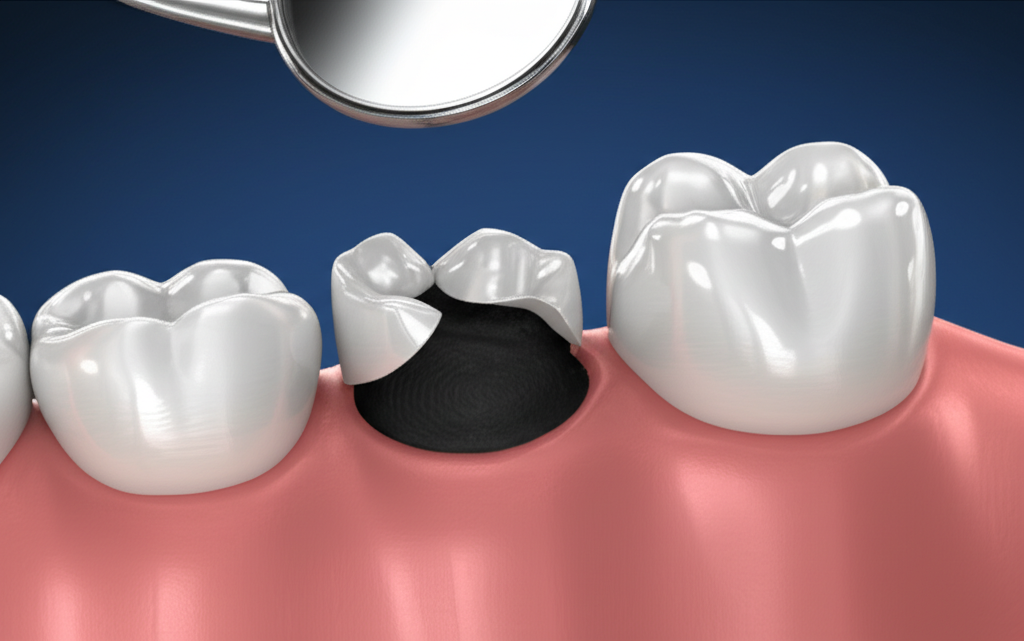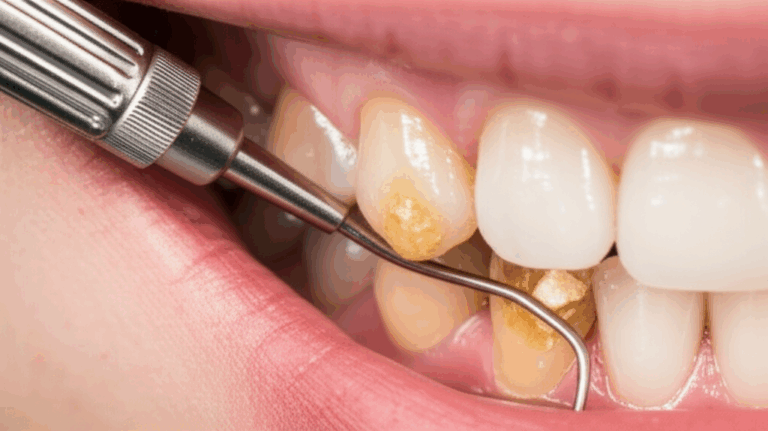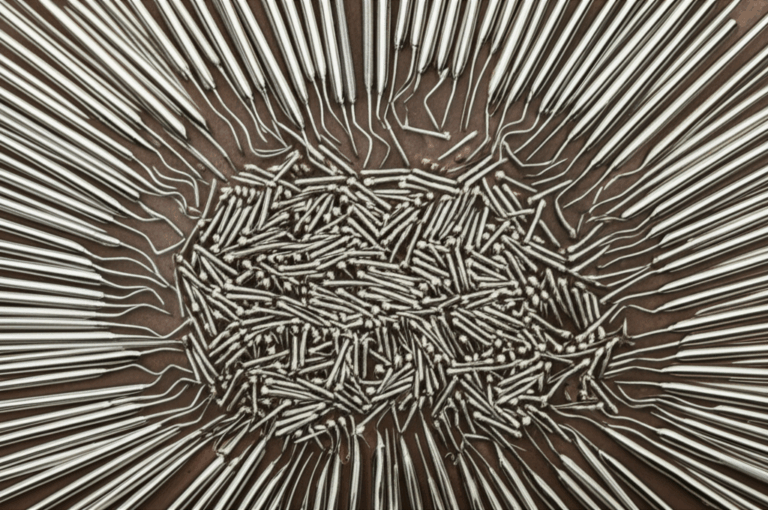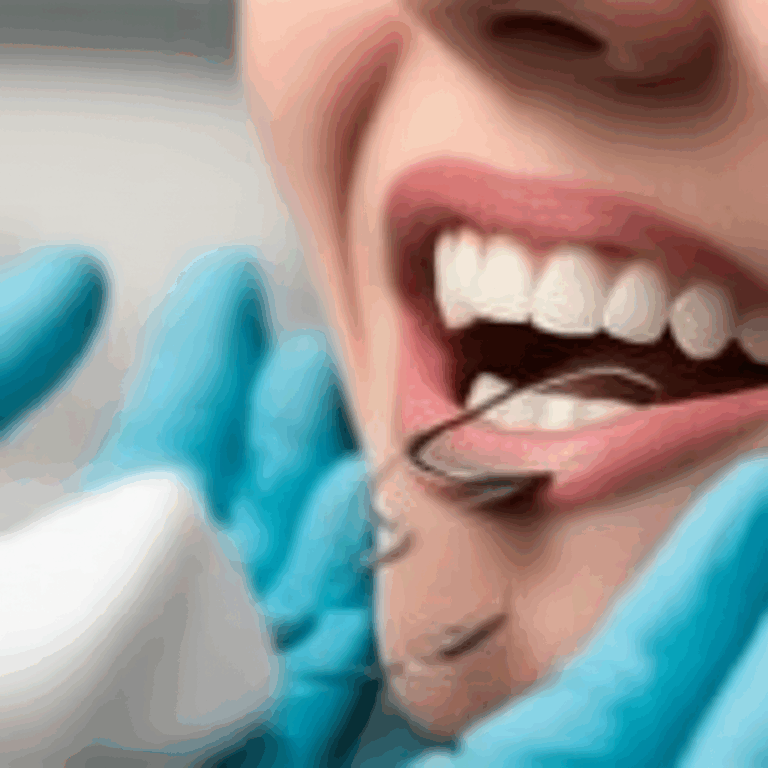
Why Do Dentists Put Crowns on Teeth? Essential Reasons for Tooth Repair
Have you ever sat in the dentist’s chair and heard, “You need a crown,” and felt confused or even worried? Maybe you searched the internet in the waiting room for a clear answer. Why do dentists put crowns on teeth? Is it really needed, or are they just trying to sell you something? If you’re asking yourself this, you aren’t alone—and you should have the facts before you decide about your teeth.
This is really a question about your health, comfort, and confidence. Since it can feel hard to understand dental terms or why your dentist is suggesting something, let’s break it down: what is a dental crown, why is it suggested so much, and how can you make a smart choice for your mouth?
In This Article
- What Is a Dental Crown, and Why Might You Need One?
- When Dentists Recommend Crowns: The Main Reasons
- How Dental Crowns Protect and Restore Teeth
- Crowns vs. Other Dental Repairs: Which Is Best?
- Are You a Good Candidate for a Dental Crown?
- Success, Risks, and How Long Crowns Last
- Your Next Steps to a Strong, Healthy Smile
What Is a Dental Crown, and Why Might You Need One?
Let’s begin with the basics. A dental crown (sometimes called a “cap”) is a custom-made cover that a dentist puts over your tooth. Imagine putting a helmet on your head after a bump. That’s pretty much what a crown does for your tooth. It makes it stronger and keeps it safe if it has been hurt by decay, an accident, or a big filling. Crowns don’t just protect; they also make your tooth work and look better.
Why Do Dentists Use Crowns So Often?
There are good reasons dentists use crowns a lot. Teeth are tough—think about how much they do every day! But even the strongest tooth can crack, wear down, or get damaged. When that happens, a crown can save a tooth that might otherwise be lost.
Why You Might Need One
Picture your tooth like a tree. Sometimes decay or a big filling makes a weak spot, almost like an ax chopping at the trunk. A crown gives the support back, making the tooth strong again and stopping it from breaking. Without a crown, a weak tooth might split, hurt, or need to be pulled out. Crowns also can make crooked, stained, or weirdly shaped teeth look better, giving you comfort and a nice smile.
When Dentists Recommend Crowns: The Main Reasons
Now you know what a crown is. But when do you really need one, instead of something else?
Here are the most common times a dentist recommends a crown—and why it makes sense:
1. To Protect a Weak Tooth from Breaking
If your tooth has a big cavity or cracks in it, its future isn’t looking good. Like a cracked phone screen, you might patch it up, but without more support, it might break. A crown holds the tooth together and keeps it safe when you bite or chew.
- Why it matters: Big fillings or decay can leave your tooth hollow and weak. Without a crown, you risk breaking it while you eat or even just by grinding your teeth at night.
2. To Fix a Broken or Worn Tooth
Accidents happen. Biting something hard, grinding your teeth, or eating sour foods for years can chip or wear teeth down.
- How a crown helps: Instead of fixing bits and pieces with fillings over and over, a crown rebuilds the tooth’s shape and protects it from more damage.
3. To Cover and Support a Tooth with a Large Filling
If a tooth needs a huge filling, it may not be as strong as before. The small bit of natural tooth around the filling is weak and may break.
- A crown’s job: Here, the crown wraps around the tooth, making it strong so you can bite without worry.
4. After a Root Canal
A root canal removes sick or dead stuff inside your tooth. But the tooth is more brittle afterward because it’s hollow inside. Crowns keep teeth that have had root canals from breaking.
- Worth knowing: Teeth with crowns after a root canal rarely break. Think of it as putting a cast on a broken arm.
5. To Hold a Dental Bridge in Place
A bridge replaces missing teeth by using the teeth on either side for support. These side teeth normally need crowns to stay strong.
- Why you need this: It lets your bridge stay put, helps you chew, and stops your other teeth from shifting.
6. For Cosmetic Reasons
Sometimes the way your teeth look is the main thing. If you have a tooth that’s stained, oddly shaped, or slightly crooked—and whitening or veneers won’t help—a crown can make a big difference.
- Who needs this: Anyone wanting to even out their teeth, fill gaps, or hide stains that bleaching won’t fix.
7. Finishing a Dental Implant
When you replace a missing tooth with a dental implant (a metal “root” in your jaw), a crown becomes the top part you see above your gums. It’s what you use to chew, smile, and talk.
How Dental Crowns Protect and Restore Teeth
Still wondering why crowns are suggested a lot? Here’s what they do for your teeth and health:
Restores Function and Strength
- Eat and chew normally: Broken or missing teeth make eating hard. Crowns give your tooth its shape back, so you enjoy food like normal.
Stops More Damage
- Prevents cracks and chips from getting worse: A tooth with a crown is like a house with a new roof. Cracks can’t spread, and the tooth stays safe.
Makes Your Smile Better
- Looks natural: Crowns today look so much like real teeth that people often can’t tell which is which. This gives you more confidence in your smile.
Helps Save Your Tooth
- Lowers risk of losing teeth: By protecting a weak tooth with a crown, you can often avoid pulling it out and the problems that brings, like teeth moving around and trouble eating.
Lasts a Long Time
- Made to last: With good care, crowns can last 10, 15, or even 20 years. Materials like zirconia and gold can last even longer.
The secret to long-lasting crowns is taking care of them! Brush, floss, go to the dentist, and don’t chew on things like ice or hard candy.
> Quick Fact:
> Crowns work well for 85–95% of people over 10 years. Most last even longer, and millions are placed every year.
Crowns vs. Other Dental Repairs: Which Is Best?
You may wonder if a crown is truly your best—or only—choice. Could you do just as well with a filling, veneer, or inlay? Here’s how the options stack up:
Fillings
- Best for: Small to medium cavities.
- Problem: If too much tooth is gone, fillings are like putting a bandage on a big wound—they don’t work well for long.
Inlays/Onlays
- Best for: Bigger problems than fillings can fix, but not as bad as needing a full crown.
- Problem: If the damage covers most of the tooth or is near the gum, a crown is the only real choice.
Veneers
- Best for: Making the front of teeth look nicer (shape, color, small gaps).
- Problem: They don’t make the tooth stronger. If your tooth is weak, cracked, or oddly shaped, a crown is better.
Crowns
- Best for: Teeth with big decay, cracks, or after several repairs or a root canal. They give you strength, safety, and a nicer look all in one.
Bridges and Implants
- Bridges: Teeth that hold the bridge need crowns for strength.
- Implants: The top part is always a crown.
How does a dentist pick? They look at:
- How much healthy tooth is left
- Where the problem is
- How much chewing that tooth does
- What you want (Is appearance important, or is it all about function?)
Every person is different. A good dentist will talk over your options, not just pick a crown quickly.
> Pro Tip: If you want to know more about the quality or making of crowns, check out china dental lab to see how they’re produced.
Are You a Good Candidate for a Dental Crown?
Crowns are pretty common and safe, but not for everyone every time. So who’s it right for?
Best Candidates:
- Teeth with cracks or breaks.
- Teeth weak from big fillings, several repairs, or serious decay.
- Teeth just treated with a root canal.
(Teeth survive longer with a crown after this.)
- People wanting to finish a bridge or dental implant.
- Anyone hoping to fix a tooth’s color, shape, or surface when nothing else works.
You May Need to Wait If:
- You have swollen or infected gums: The area has to be healthy first.
- Too much of the tooth is gone: Sometimes there isn’t enough left to save, so the tooth must come out.
- Children whose mouths are still growing: Crowns are for adults, except in rare cases like severe decay on baby teeth.
Being honest matters. Your dentist should always explain why a crown is suggested—and what could happen if you wait or try something else.
Success, Risks, and How Long Crowns Last
Let’s be real—no fix is perfect. What are the chances a crown will last, or what can go wrong?
How Long Does a Crown Last?
- Average lifespan: 5-15 years
(Many last 20+ years, especially those made of strong materials like zirconia or gold.)
- Material counts: Porcelain and composite look most natural. Gold and zirconia are the strongest.
- Location: Crowns in the front (where you don’t chew much) often last longer than those in back teeth.
Crowns after root canals do great—up to 90% last past 5–10 years!
What Makes a Crown Fail?
- Cavities around the crown: The most common problem is decay sneaking in at the edges. Clean these spots well!
- Cracks or chips: Biting hard things or long-term use can break crowns.
- Gum issues: A poorly fitted crown or one pushed too close to your gums can cause swelling or bone loss.
But the good news: going for checkups and cleanings often lowers these risks a lot. If you grind your teeth, your dentist might give you a tooth guard.
> Did you know?
> Over 90% of people are happy with their dental crowns—especially when they replace pain, fix damage, or help chewing.
Your Next Steps to a Strong, Healthy Smile
If your dentist says you need a crown, don’t panic or feel rushed to say yes. Here’s what to do next:
1. Ask Why:
Every tooth has a story. Ask your dentist to show you your x-rays or pictures and walk you through why you need a crown. A good dentist will answer your questions.
2. Go Over All Your Choices:
Would a filling, inlay, or veneer work? Or is the crown the best and only option? Learning your choices helps you decide.
3. Focus on Care:
No matter what you get, brush and floss well—and visit your dentist often—to help your tooth repair last ages.
4. Learn About Crown Materials:
Curious about crown types or how digital labs make better fits? See the future of tooth repairs, like at a digital dental lab, and find out about different materials and styles.
5. Talk Prices and Insurance:
Some insurance helps, and there are several crown choices at different costs. Being open about money stops surprises later.
Key Takeaways
- A dental crown acts like a helmet for your tooth, keeping weak, cracked, broken, or ugly teeth safe, strong, and looking good.
- Dentists suggest crowns when fillings or veneers just won’t do the job—mainly if the tooth’s strength or shape is in danger.
- Crowns last many years, with most holding up for 10–20 years or even longer if well cared for.
- Crowns are great for people with big cavities, root canals, breaks, or cosmetic problems others can’t fix.
- If you’re told you need a crown, ask questions, know your options, and take good care to make your crown last.
Dentistry isn’t just about fixing teeth—it’s about helping you make decisions that keep your mouth comfy, your smile bright, and your life easier. If you’re not sure about a crown or have a tough dental choice, you aren’t alone. Reach out to a dentist you trust or look up helpful info like patient dental for tips on your next appointment.
Remember: Taking care of one tooth today can stop bigger problems—and bigger bills—later. Your healthy, strong smile starts with good info and a little care.
Checked and made clear by a licensed dental professional, 2024.
For advice about your teeth, always speak with your dentist or oral health care provider.
Frequently Asked Questions
Do crowns hurt?
No. The dentist numbs your mouth, so you shouldn’t feel pain. You may be sore or sensitive for a few days, but this goes away fast.
Are crowns permanent?
Crowns last a long time, but may need to be replaced after 10–20 years because of wear or changes under the crown.
Can you get a cavity on a crowned tooth?
Yes, especially at the edge where the tooth and crown meet. Brush and floss carefully and see your dentist to help prevent this.
Is there a difference between a crown and a cap?
No difference. “Cap” is just another word for a crown—they both mean a cover that goes all around your tooth.
Is it normal for a crowned tooth to be sensitive?
A little sensitivity is common for a week, especially to hot or cold. It usually goes away soon.
Sources
- American Dental Association (ADA)
- Journal of Prosthetic Dentistry
- Endodontic research
- General patient outcome research
This article is for general info and is not medical advice. For personal tips, speak to your dentist.
Want to know more? Check out choices for repairs at a trusted dental ceramics lab, or see how new dental tech can make your smile last even longer.








